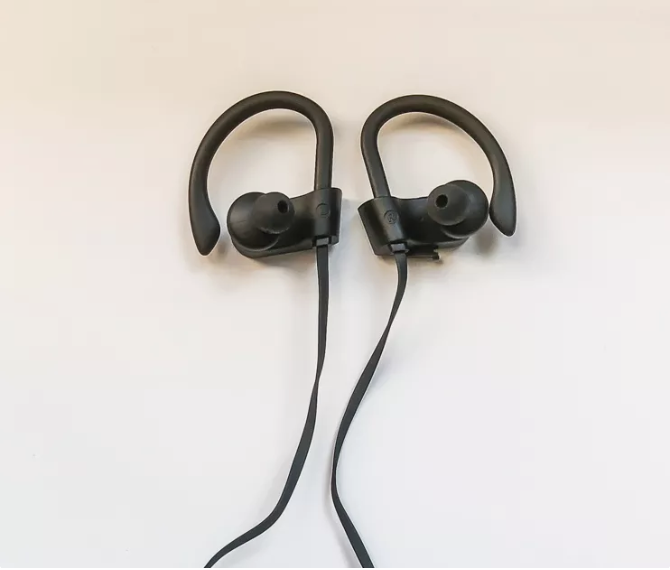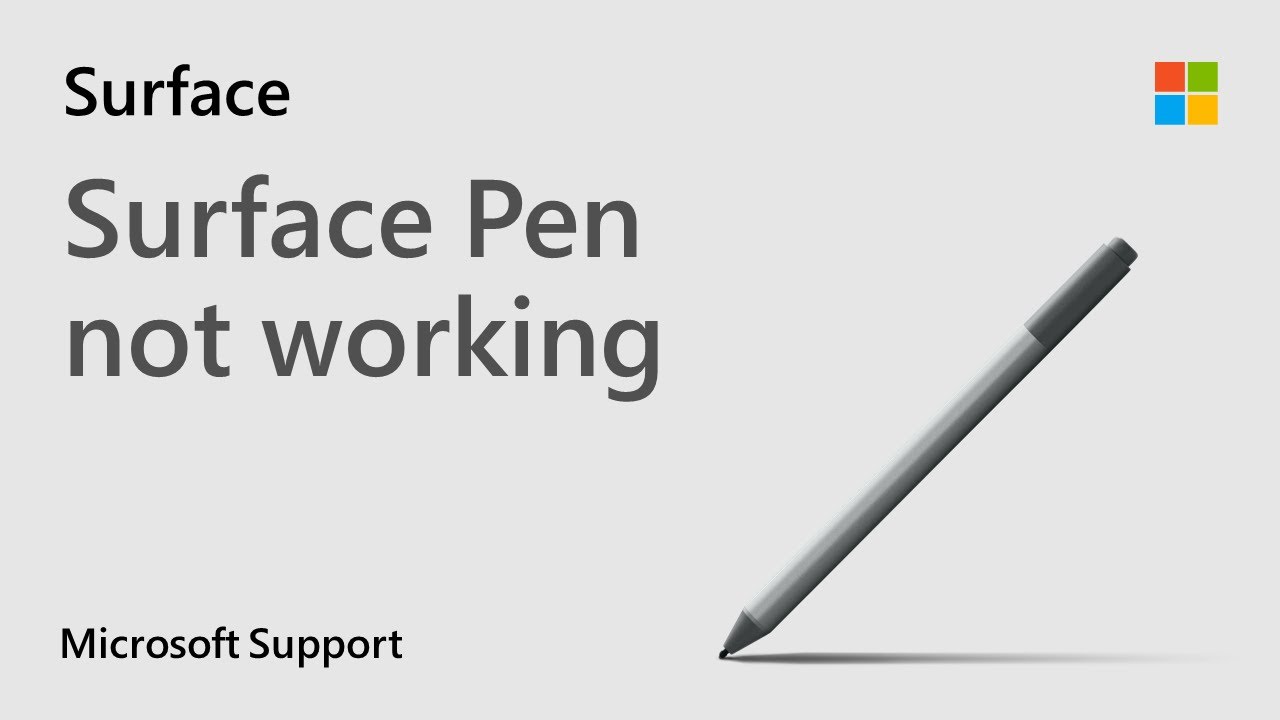Your POS system should ideally be able to:
- Generate detailed sales reports (based on product, hour, employee, total cost of items sold, total retail amount, net profit, profit percentage, gross margin)
- Provide quick snapshots and charts on your store’s sales performance
Inventory Management: One of the most important functions of a POS system, inventory management, at its very essence, keeps track of all products so you know when it’s time to order/or not order specific products.
Your POS system should enable you to:
- Scan and count products digitally
- Manage your stock by creating product variations (size, color)
- Identify pieces of inventory with a unique serial number
- Track inventory levels across multiple locations
- Enable seamless ordering such as automatically setting custom reorders of best-sellers
- Consolidating purchases and orders in one order
Customer Management: Building strong relationships with your customers will lead to repeat business. A POS should have customer relationship management (CRM) to track all customer data.
Your POS system should give you the ability to:
- Attach a sale/transaction to a customer
- Keep track of your customers’ purchase history
- Capture customer information such as name, age, birthday, phone number and email address
- Use email marketing to keep in touch with them
- More advanced systems will have a built-in loyalty program
Employee Reporting and Management: The performance of your employees can make or break the success of your store. Having the ability to set sales targets as well as know who your top performers are and who requires extra coaching will help increase sales.
Your POS system should give you the ability to:
- Add employees to your system
- Create and modify schedules for employees based on forecasted activity
- Email schedules to employees
- Track employees’ hours weekly and over time
- Analyze who your top performers are




